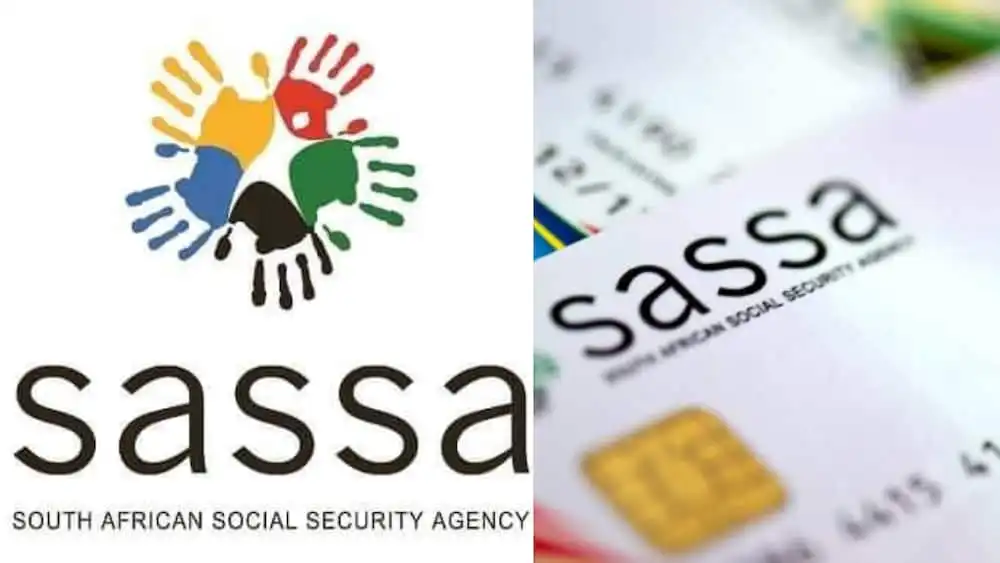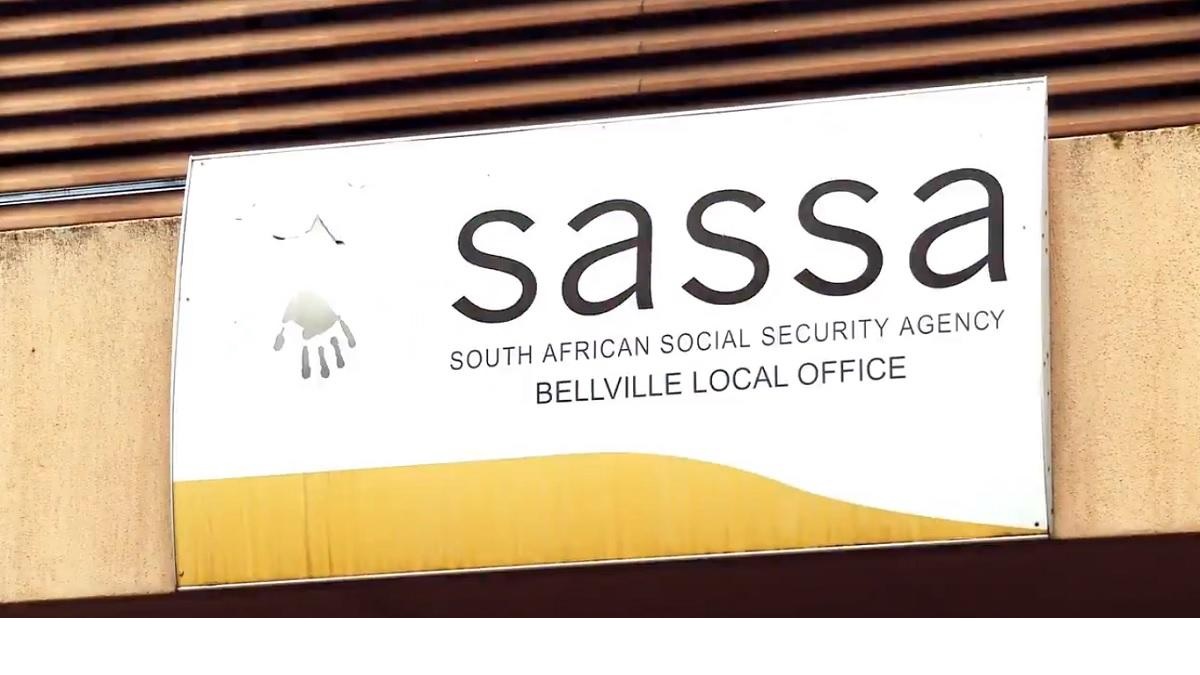Getting rejected for South Africa’s vital SASSA SRD R350 grant can be devastating for poor and unemployed applicants. However, there are legal options to appeal a declined SRD grant application. Understanding the appeal process timeline, gathering supporting documents, and securely submitting your case online gives you the best chance of overturning an adverse eligibility decision.
With persistence and comprehensively evidencing your situation, you can successfully contest a SASSA rejection and still access this critical monthly assistance. This guide provides step-by-step instructions on legally appealing a declined SRD R350 grant and finally obtaining approval.
Qualifying for the Social Relief of Distress (SRD) Grant
The South African Social Security Agency (SASSA) suggests Child Support Grant recipients needing continued support at 18 apply for the SRD grant. SASSA distributed over 7 million SRD grants in 2021/2022 to provide poverty relief. However, applicants face intensive screening.

Per South Africa’s Social Assistance Act, SRD grants go to unemployed adults with minimal income. Applicants undergo sasSA’s rigorous means testing to determine eligibility. 71,314 young adults were recently denied after their Child Support Grants lapsed.
The primary reason for rejection was undeclared income. By law, applicants can’t receive salaries, social grants, NSFAS payments, or have over R624 in banks. SASSA cross-checks applicants against databases like SARS, UIF, and NSFAS to verify.
Meeting SRD Grant Requirements
To legally qualify for the R350 SRD grant under South African law and welfare regulations, applicants must:
- Be 18 to 59 years old
- Lack employment or any income source
- Have less than R624 in all bank accounts
- Not get government grants or food assistance
- Be a South African citizen, permanent resident, or registered refugee
- Not be receiving institutional care
Applicants should acquire supporting documents before applying to prove eligibility and nonreceipt of income. These include:
- Recent 3-month bank statements
- Formal affidavits from employers confirming unemployment
- Proof of South African ID, residency, or refugee status
- Written statements verifying nonreceipt of SASSA, NSFAS or UIF payments
Comprehensively evidencing one’s dire financial situation strengthens SRD grant applications.
Legally Appealing Rejected SRD Grant Applications
SASSA allows those believing their SRD grant rejection was unlawful to appeal through the Social Assistance Appeals Tribunal. This fully independent body impartially evaluates contested SRD grant decisions.
The Minister of Social Development appoints experienced legal professionals to serve on the Tribunal. They investigate appeals and issue binding rulings. Here is how to securely submit an online SRD grant appeal:
- Visit the Tribunal’s official website and input your ID and phone number used on your SRD grant application.
- Obtain and input the pin sent via SMS to verify your identity.
- Select the reason for your appeal and the month to which it applies.
- Carefully review all details entered then officially submit your appeal.
- Await the Tribunal’s SMS notification informing you of the legal outcome.
The Tribunal will acquire from SASSA records related to your application to evaluate if rejection aligned with South African welfare law. Providing supplementary evidence of eligibility can help overturn an unfavorable decision. Apps tracking SRD appeal status are also available.
Seeking Alternative Government Aid
If SASSA ultimately denies an SRD appeal, applicants have legal options like:
- Applying for government bursaries for tertiary education and vocational training.
- Enrolling in paid leadership that develops skills and workplace experience.
- Participating in public works programs providing temporary employment.
- Researching immigration policies and whether reuniting with family abroad improves socioeconomic status.
- Accessing limited welfare resources from government centers and NGOs.
- Exploring part-time, entry-level, and informal work opportunities.
- Requesting temporary support from family and friends as an absolute last resort.
While securing the SRD grant remains the most direct way under South African law to access government poverty relief as a young adult, determined individuals can find alternative assistance through persistence and leveraging legal policies and community resources.
